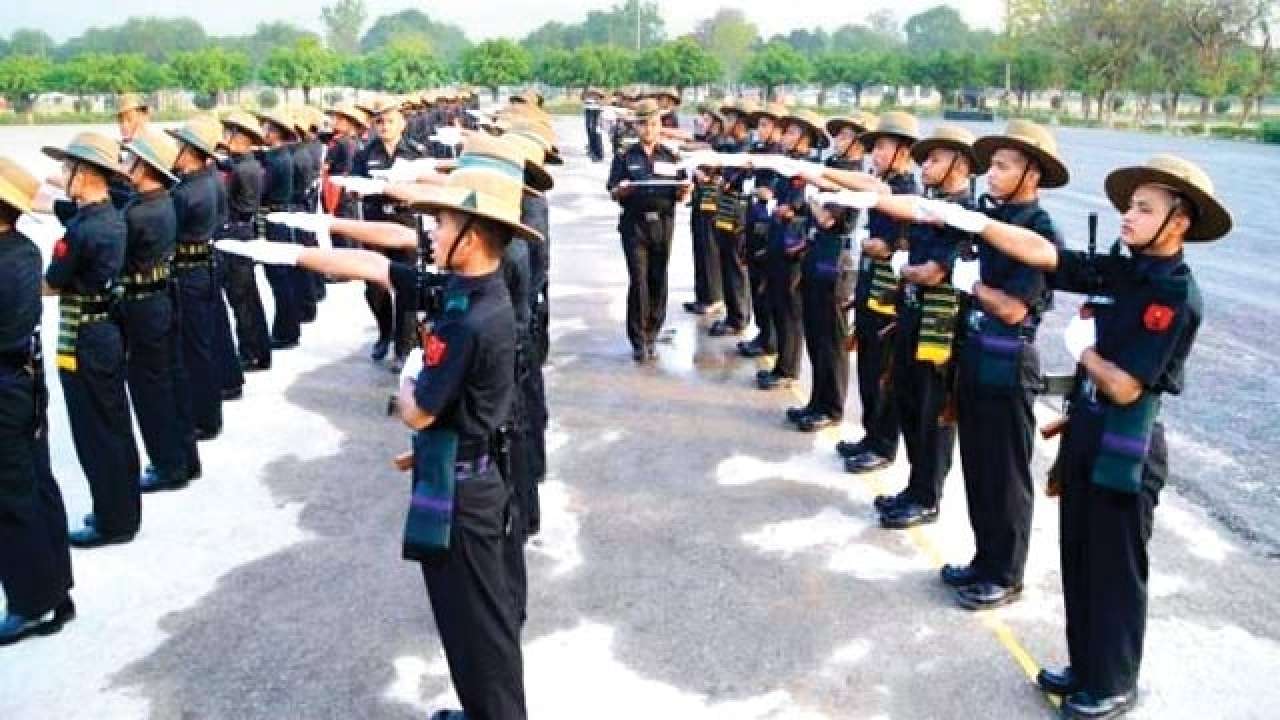Apprehension over the Agnipath scheme in Nepal is political, needs to be addressed by Indian government

The Agnipath recruitment plan for the Indian armed forces has witnessed intense debate. The new proposal for recruiting 45,000 personnel annually, assures a tenure of four years after which 25 per cent of those recruited in that year will be retained, while the remainder will be discharged with a handsome severance package along with options for priority enrolment in selected corporates and PSUs. The major apprehension is concerning the mid- and long-term impact of the scheme on the effectiveness of the armed forces. The timing of this move is a concern, especially when the armed forces are contemplating major organisational changes, there are tensions with China, and there is no change in Pakistan’s stance.
But that is not the issue of focus here. What is of concern is the recruitment of the Gorkha soldiers from Nepal, which forms a critical subset of the manpower planning and recruitment for the army. This is central to the alarming deficiencies in manpower of the armed forces, an outcome of the no recruitment policy followed for over two years during the peak period of the pandemic.

